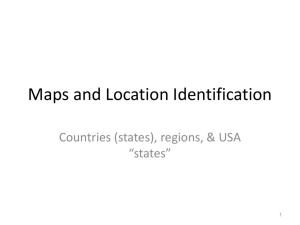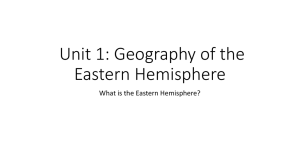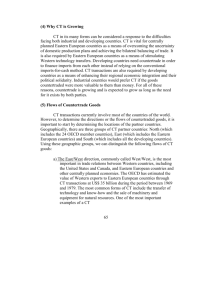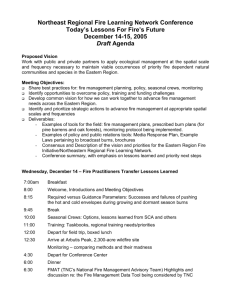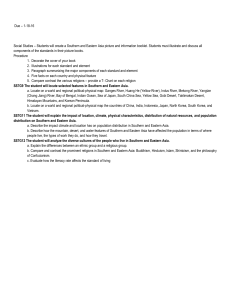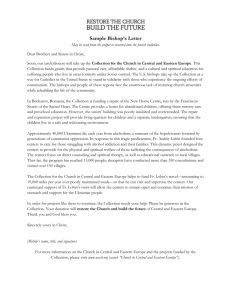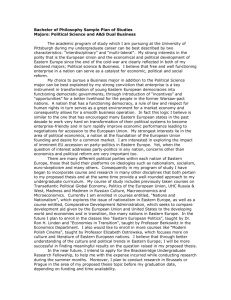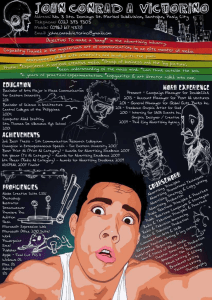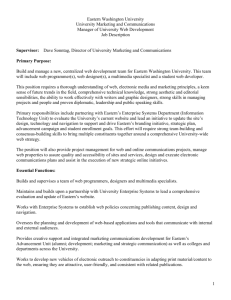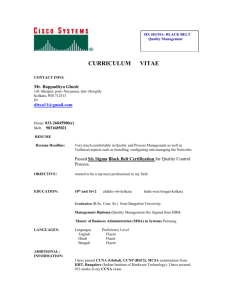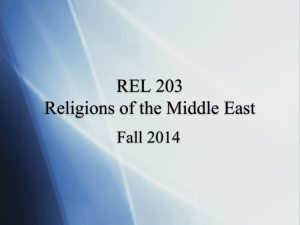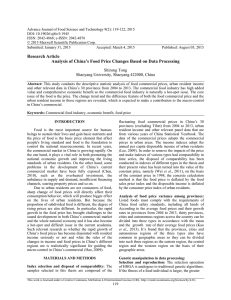Notes & Quotes
advertisement
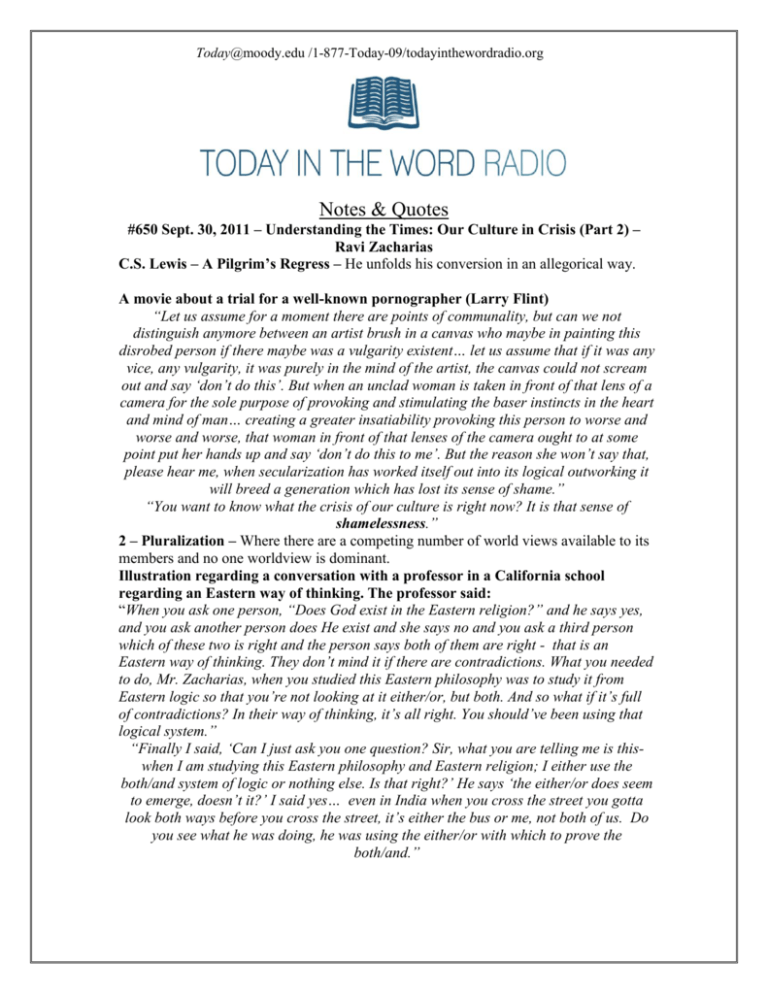
Today@moody.edu /1-877-Today-09/todayinthewordradio.org Notes & Quotes #650 Sept. 30, 2011 – Understanding the Times: Our Culture in Crisis (Part 2) – Ravi Zacharias C.S. Lewis – A Pilgrim’s Regress – He unfolds his conversion in an allegorical way. A movie about a trial for a well-known pornographer (Larry Flint) “Let us assume for a moment there are points of communality, but can we not distinguish anymore between an artist brush in a canvas who maybe in painting this disrobed person if there maybe was a vulgarity existent… let us assume that if it was any vice, any vulgarity, it was purely in the mind of the artist, the canvas could not scream out and say „don‟t do this‟. But when an unclad woman is taken in front of that lens of a camera for the sole purpose of provoking and stimulating the baser instincts in the heart and mind of man… creating a greater insatiability provoking this person to worse and worse and worse, that woman in front of that lenses of the camera ought to at some point put her hands up and say „don‟t do this to me‟. But the reason she won‟t say that, please hear me, when secularization has worked itself out into its logical outworking it will breed a generation which has lost its sense of shame.” “You want to know what the crisis of our culture is right now? It is that sense of shamelessness.” 2 – Pluralization – Where there are a competing number of world views available to its members and no one worldview is dominant. Illustration regarding a conversation with a professor in a California school regarding an Eastern way of thinking. The professor said: “When you ask one person, “Does God exist in the Eastern religion?” and he says yes, and you ask another person does He exist and she says no and you ask a third person which of these two is right and the person says both of them are right - that is an Eastern way of thinking. They don‟t mind it if there are contradictions. What you needed to do, Mr. Zacharias, when you studied this Eastern philosophy was to study it from Eastern logic so that you‟re not looking at it either/or, but both. And so what if it‟s full of contradictions? In their way of thinking, it‟s all right. You should‟ve been using that logical system.” “Finally I said, „Can I just ask you one question? Sir, what you are telling me is thiswhen I am studying this Eastern philosophy and Eastern religion; I either use the both/and system of logic or nothing else. Is that right?‟ He says „the either/or does seem to emerge, doesn‟t it?‟ I said yes… even in India when you cross the street you gotta look both ways before you cross the street, it‟s either the bus or me, not both of us. Do you see what he was doing, he was using the either/or with which to prove the both/and.”


